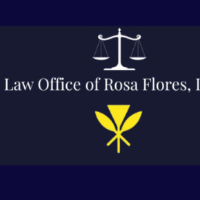 Ewa Beach RICO Act Lawyers, Hawaii
Ewa Beach RICO Act Lawyers, Hawaii
Sponsored Law Firm
-
 x
x

Click For More Info:
-
The Law Offices of Richard L. Cooper, P.A.
848 Brickell Avenue Suite 800 Miami, FL 33131» view mapDWI/DUI, Drug Trafficking, Felony Nationally Ranked Top 40 Under 40
With Richard L. Cooper you can expect a trusted confidant who will work diligently to fully understand your case and determine a road map to help you regain control of your life.
800-756-2781
Not enough matches for Ewa Beach RICO Act lawyer.
Below are all Ewa Beach Criminal lawyers.
Sponsored Lawyers
1-1 of 1 matches
Divorce & Family Law, Criminal, Guardianships & Conservatorships, Paternity
Practicing across all islands in the State, primarily in the areas of Family Law-divorce, custody, paternity, child support, guardianship, adoption, child support, restraining orders--and Criminal Defense, and Appeals.
(more)



 Richard L. Cooper Miami, FL
Richard L. Cooper Miami, FL AboutMiami Attorney at Law
AboutMiami Attorney at Law ServicesCriminal Defense
ServicesCriminal Defense

